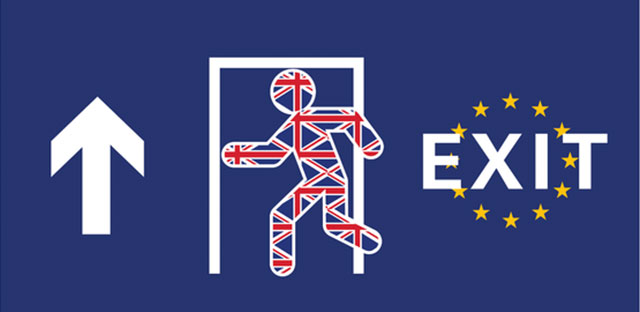What does Brexit mean on the other side of the globe? Australians and New Zealanders tend to have strong feelings about the UK. Both countries were colonised by Britain in the 1800s. Both countries’ populations are – to this day – mainly descended from Britain (although that’s changing fast). And both countries’ economies have been profoundly influenced by their changing relationship with the UK.
In summary, both Australia and New Zealand have heavily insulated themselves from trade interruptions with both the UK and the EU, because they have greatly increased their other trading partners in recent decades. New Zealand and Australia are both likely to see increased British and European migrants.
Ironically, one of the most influential impacts in Oceania occurred in 1973, when the UK joined the European Economic Community in the first place. Up until then, the UK had purchased the majority of both countries’ agricultural outputs, principally lamb, wool, wheat and dairy, along with mineral resources from Australia.
This came to an abrupt end when Britain joined the EU. After a tumultuous period of readjustment, Australia and New Zealand’s agricultural sectors (and their economies as a whole) diversified both their outputs and their markets. As a result, the UK now has a much smaller role among both Australia’s and New Zealand’s trading partners.
Today, the EU (including Britain) accounts for only 10% of New Zealand’s exports, and about 5% of Australia’s exports. This means that if their trade with the EU or the UK is interrupted, its effect will be cushioned against their other trading partners. With both countries now trading heavily with Pacific rim countries of Asia and the Americas, there is at least some comfort that these markets are somewhat removed from Europe.
However, much of what both countries send to Europe, goes to the UK. There is also a large amount of UK investment money in Australia. It remains to be seen whether that will remain in place or not.
It also appears at this stage that the countries who stand to lose the most from Britain’s departure from the EU are nearly all European ones (according the Standard and Poor’s “Brexit Sensitivity Index”). Again, they play only a minor role in New Zealand and Australia’s current trade programmes.
Both countries will attempt to forge trade agreements with both the EU and the UK, but – here’s the downside – with the volatile political landscape across Europe, this will take a number of years to resolve, and this delay will be double-whammied by the fact that most of the UK’s trade negotiators now work for the EU.
Australia and New Zealand have provided two things to assist the UK’s departure from Europe. One, is a points-based immigration scheme, which Britain will probably adopt upon leaving the EU, when it will no longer be subject to the EU’s liberal immigration policy. And New Zealand – in a show of cultural solidarity – has promised to make some of its own negotiators available to the UK. Australia and New Zealand have also discussed the idea of a trade bloc to negotiate mutual trade agreements with the UK.
Some have speculated that the UK will now see an increase of migration departures. If that’s correct, New Zealand and Australia are likely to pick some of that up, as both countries currently have high immigration quotas.
Either way, one probability stands out above all others. Whatever happens in New Zealand and Australia in the coming months, it’s unlikely to be as volatile as the economic, political and social upheavals in the UK.

